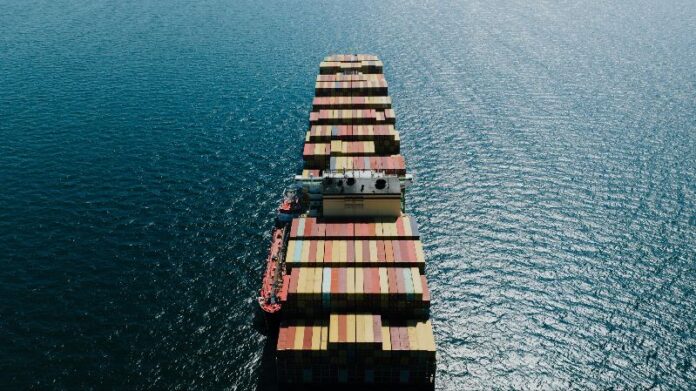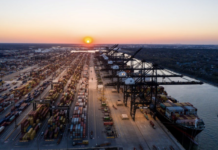
The Clean Shipping Coalition (CSC) welcomed progress at the International Maritime Organization’s (IMO) Intersessional Working Group on Reduction of Greenhouse Gas Emissions from Ships (ISWG-GHG 20), held in London, despite last week’s decision to delay adoption of the IMO Net-Zero Framework (NZF) by one year.
“While last week’s delay was unwelcome, it’s only a postponement, not the end of the NZF,” said Delaine McCullough, CSC President. “At this week’s ISWG meeting, IMO member states engaged constructively in preparing implementation guidelines. This shows broad support for the NZF and signals that progress is still possible.”
The Net-Zero Framework aims to reduce greenhouse gas (GHG) emissions from shipping in line with the IMO GHG Strategy. Key elements include:
-
Global Fuel Standard (GFS): Gradually limits the greenhouse gas emissions per unit of energy in ship fuels, considering full fuel life-cycle emissions.
-
GHG Pricing Mechanism: Encourages the shipping industry to reduce emissions in alignment with the GFS.
John Maggs, CSC representative at IMO, noted, “Member states won’t have to wait a year to tackle shipping’s climate impact. At MEPC 84 in April 2026, they can strengthen the Carbon Intensity Indicator (CII), the IMO’s core energy efficiency tool. Enhancing the CII can bring shipping climate action back on course quickly.”
Dr Alison Shaw, IMO Manager at Transport & Environment, added: “Even with the adoption pause, negotiations advanced on implementation guidelines. Success will depend on guidance that both incentivizes green e-fuel production and prevents unsustainable fuels with hidden environmental impacts.”
Andrew Dumbrille, Co-Founder and Director of Equal Routes, emphasized: “IMO member states must consider environmental, human, health, social, and Indigenous Peoples’ rights in shaping the full marine fuels pathway. Despite the delay, work continues to create a just path for the shipping sector to meet 2050 net-zero goals.”
Anaïs Rios, Senior Shipping Policy Officer at Seas At Risk, highlighted wind propulsion’s potential: “The Net-Zero Framework may be delayed, but support for wind propulsion is growing. Governments must ensure guidelines enable its global adoption—it reduces fuel costs, cuts emissions, and keeps shipping competitive.”
Jenny Helle, Carbon Market Watch, said: “The shift toward cleaner fuels and technologies is already underway. Rolling back ambition now would slow maritime decarbonization. This week, IMO member states supported science-based guidelines, life-cycle emissions accounting, a reward system for clean fuels and technologies, and revenue distribution to help small island developing states and least developed countries transition.”





